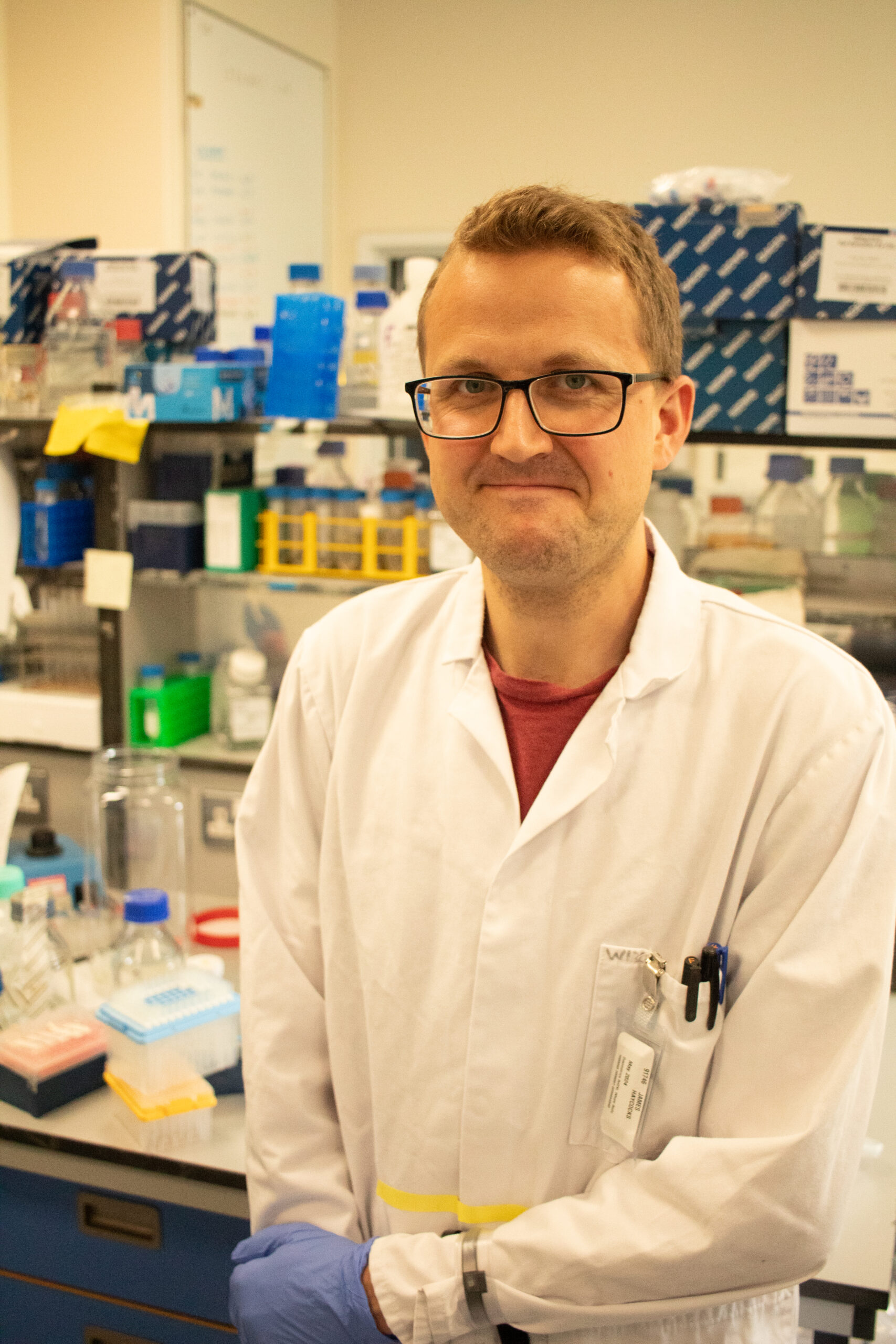
Dr. James Haycocks
Originally from London, James did his undergraduate degree in Microbiology and Virology at the University of Warwick, before completing his PhD in the Grainger Lab. James variously worked across projects involving Enterotoxigenic E. coli (ETEC) and Vibrio cholerae and was funded by the Human Frontiers Science Program (HFSP), BBSRC and Wellcome at various points of his time with us. James is now a post-doctoral researcher at Newcastle University in the Banzhaf lab.

Dr. Prateek Sharma
Prateek studied Genetic Engineering at SRM University, India, and did his undergraduate research project at the National Centre for Biological Sciences (NCBS). At NCBS he developed an interest in Molecular Microbiology and Plant defence systems. After his undergraduate degree, Prateek moved to the Friedrich Schiller University of Jena (Germany) and completed his MSc in Molecular Life Sciences. Prateek joined the Grainger Lab in 2013 and is funded by The Darwin Trust of Edinburgh. His work in the lab focused on understanding Enterotoxigenic E. coli (ETEC) enterotoxin expression in response to environment and host. Prateek then worked with us as a post-doctoral researcher and studied the multiple antibiotic resistance system of E. coli. Prateek left the lab in 2025 to take up a position at the heath and safety executive to support their work with microbes.
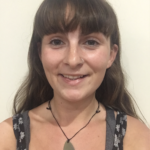
Dr. Alexandra Trigg
Ali is originally from Newcastle and completed her undergraduate degree in Biochemistry and Microbiology at the University of Sheffield. She went on to study her MSc Microbiology and Infection at The University of Birmingham. Funded by the BBSRC, as part of the MIBTP, Ali worked on the multiple antibiotic resistance system of E. coli. She discovered how different aspects of cell envelope biology are coordinated by the system to increase resistance to multiple antibiotics. She is now a post-doctoral researcher at Aston University.
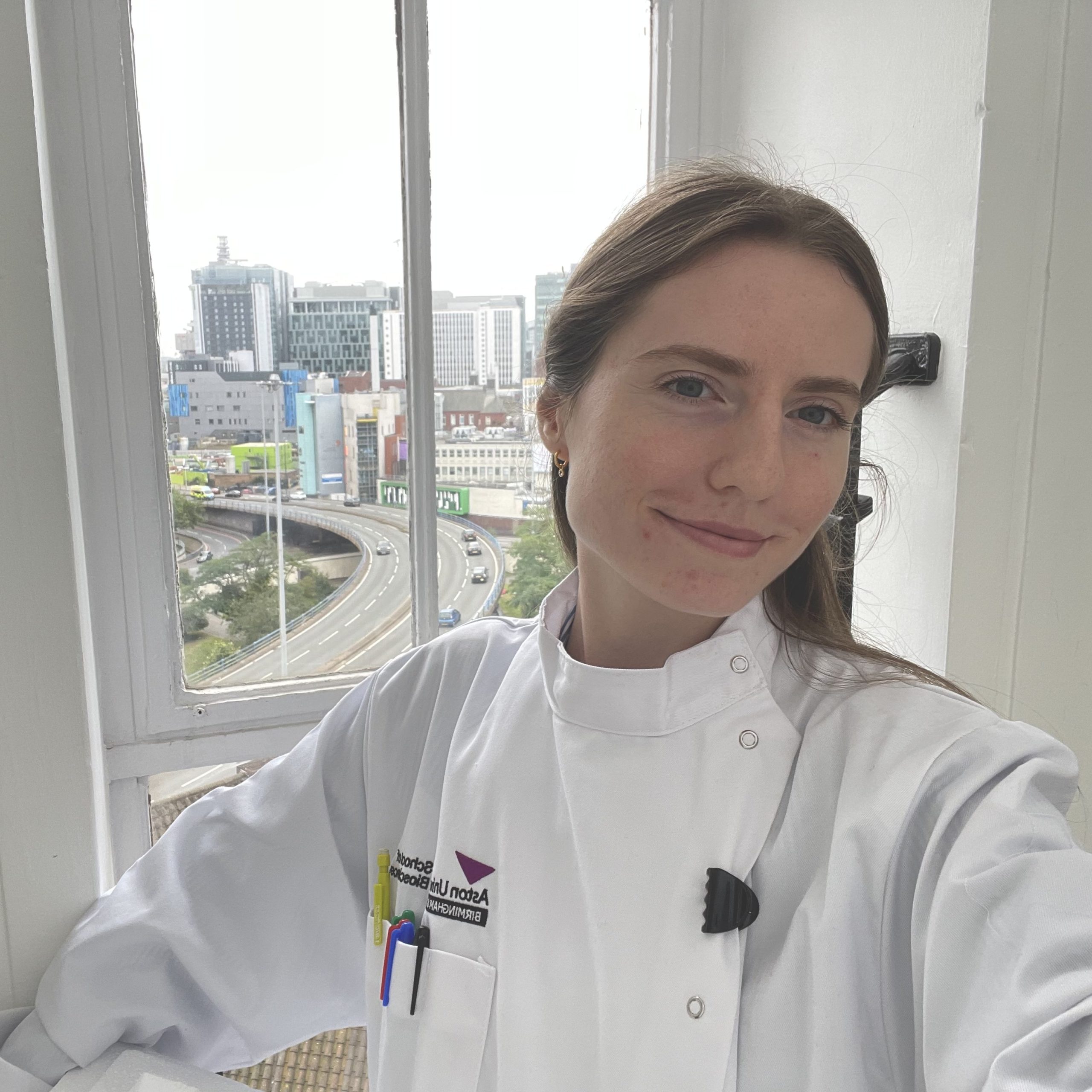
Dr. Ksenia Klimova
Ksenia grew up in Tomsk (Russia), where she did her undergraduate degree in Biosciences. After graduation she moved to London and worked for Latis Scientific, Alpha Scientific and Procter&Gamble as a microbiologist. Ksenia joined the Grainger Lab as a PhD student in 2020 to work on activation of antibiotic resistance mechanisms in bacteria. Funded by The Darwin Trust of Edinburgh, Ksenia has discovered how MarA regulates bacterial motility via a unique mechanism of transcription activation. She is now a post-doctoral researcher at Aston University.

Dr. Charles Cooper
Charles, originally from London, spent most of his childhood in Portugal. He completed his integrated masters in biochemistry at the University of Oxford. Charles did a PhD funded by the Wellcome Trust as part of the Wellcome Trust Doctoral Training Centre in Antimicrobials and Antimicrobial Resistance. Early on in his time here Charles spotted Acinetobacter baumannii colonies on agar plates that had an unusual appearance. Charles figures out that these colonies had acquired an insertion sequence in their capsule locus, altering the properties of the cell surface. In following this up, Charles discovered that the DNA folding protein H-NS determines which genes are targeted by the insertion sequence. Charles is now working in education, teaching science at GCSE and A-level.

Dr. Shivani Singh
After completing her BSc in Biomedical Sciences from the University of Central Lancashire, Shivani obtained an MSc in Medical Molecular Microbiology from University of Aberdeen. Following this, she took up a Research Assistant post with Professor Ian R Booth in University of Aberdeen. Shivani joined our group in 2009, obtained her PhD in 2014, and worked with us as a Leverhulme Trust funded post-doc until 2017. Shivani’s next destination was the MRC London institute of medical sciences, where she completed a post-doctoral research position. In 2020, Shivani joined Nucleus Global to work in medical communications.

Dr. Laura Sellars
Laura is from the Wirral and did a BSc in Biochemistry at the University of York. She came to Birmingham to join Steve Busby’s lab for her PhD before moving across the IMI to the Grainger Lab for a Wellcome Trust funded post-doc position. Laura joined Lab Support UK in 2015.

Dr. Rachel Kettles
Rachel worked in the lab as a BBSRC funded PhD student and studies antibiotic resistance mechanisms. She is now a clinical microbiologist in the NHS.

Dr. Kiran Chintakayala
Kiran joined the lab in 2009 as a BBSRC funded post-doctoral researcher and studies curved DNA binding protein A, in E. coli, discovering how the factor protects DNA from damage. He is now a senior scientist at NanoSyrinx.

Dr. Alistair Middlemiss
Alistair did is PhD with our lab, funded by Wellcome, and studied antibiotic resistance mechanisms. He discovered how transcription factors responding to antibiotics help to inhibit biofilm formation in Salmonella Typhimurium. He is now a senior scientist at GSK.

Dr. Gemma Warren
Gemma was a technician in the group between 2018 and 2021, funded by Wellcome. She mostly worked on gene regulation in Vibrio cholerae and quorum sensing. She is currently a lab assistant in an NHS microbiology lab.

Dr. Tom Guest
Tom was a PhD student in the lab funded by the BBSRC. He discovered how the transcription factor VpsT, in Vibrio cholerae, controls cyclic-di-GMP homeostasis. He currently works as a post-doctoral researcher at the Helmholtz Institute Würzburg (HIRI).
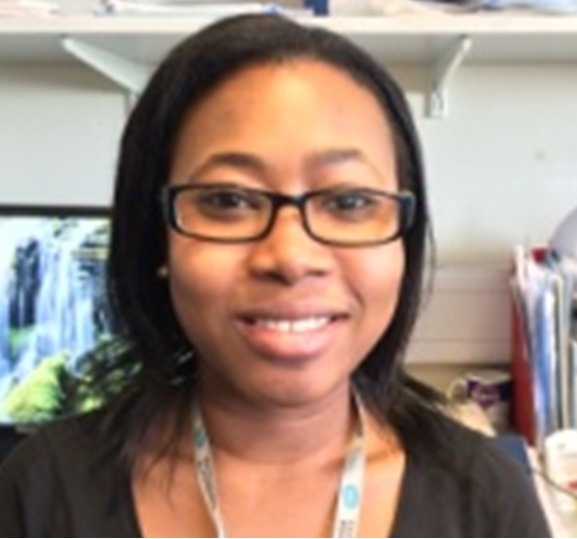
Dr. Jai Manneh-Roussel
Jai worked with the lab as a PhD student funded by the Islamic Development Bank. She discovered how the cyclic AMP receptor protein controls gene expression in Vibrio cholerae during colonisation of a host organism.

Dr. Lisa Lamberte
Lisa joined the lab as a self funded PhD student and worked on basic mechanisms of gene regulation in E. coli. She discovered why high AT-content DNA sequences are toxic to bacterial cells. She is currently a post-doctoral researcher at the University of Birmingham.
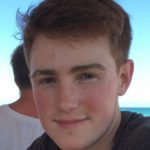
Dr. Lucas Walker
Lucas joined the lab as a MIBTP funded PhD student and worked on gene regulation in Vibrio cholerae. He discovered that two global regulators of transcription have a propensity to share DNA binding sites. This allows quorum sensing and cAMP signalling to be integrated at promoters during activation of gene expression. He is now a senior scientist at Qiagen.

